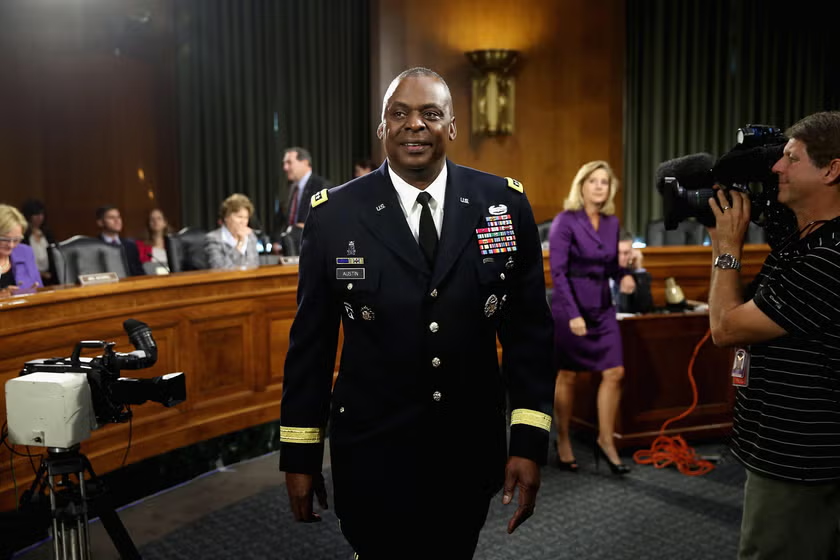Discussion: Withholding Cancer Diagnosis and Treatment
Lloyd Austin
It’s not often that leadership, especially someone who is also in the public eye, will be so bold as to confess, “I did not handle this right.”
Yet Lloyd Austin, the U.S. Secretary of Defense, did. He needed to say it. He also was correct in explaining his thoughtful, very human reasons for not initially doing what he was expected to do.
Austin has apologized over his hospitalization secrecy.
“I should have told the president about my cancer diagnosis,” he told reporters. Austin knew he had prostate cancer and received treatment yet kept that news private from President Biden and other U.S. officials to whom he could have and was professionally expected to communicate.
Austin was reportedly hospitalized on Jan. 1 “due to complications from a late-December surgery to treat the cancer.”
The reasoning he provided for his decision-making was the diagnosis was (understandably) “a gut punch.”
“I don’t think it’s news that I’m a pretty private guy,” Austin honestly added. “Cancer, period, is very private. Among the Black community, though, it’s even more a thing that people want to keep private.”
This is without question a sticky situation where a balance of respect, compassion and responsibility exist.
“In the US, most of us have the right to keep our health information private and employment laws like the Americans with Disabilities Act and the Family Medical Leave Act, for example, limit what information an employer can require from an employee about their health,” says Karyn Ezell, a former corporate human resources executive and now a certified executive coach and facilitator at Karyn Ezell Leadership Coaching.
“In general, an employer can’t ask about a diagnosis, but only about the employee’s need to be away from work. Without regard to the reason for an absence, an employer does have the right to require that they be notified of an absence, in advance if the absence is planned, or as soon as possible if it is unplanned.”
Ezell dives deeper, this time with the context of the story.
Karyn Ezell
“Since it has been reported that the White House is just now developing a policy for Cabinet members regarding absences and transfer of authority, it appears as if Secretary Austin did not have a contractual obligation to report his health status to President Biden,” she points out.
“Given the Secretary’s place in the line of succession for the presidency, and the importance of his role with the situations in the Middle East, the President, the Pentagon and the National Security Advisor should have been notified when the Secretary was admitted to intensive care.”
This would have changed leadership decision-making.
“Just as important,” Ezell states, “the Deputy Secretary would then have known to return from her trip out of the country at that time. Even with no contractual or regulatory requirement to disclose, I believe that Members of the Cabinet have an ethical obligation to disclose absences and any unavailability to perform, even if they decline to publicly disclose health conditions.”
As for Austin’s admittance that, “I did not handle this right,” Ezell agrees that he didn’t do what was called for in the moment.
“At the time he went to the hospital for complications from the initial procedure, he had an obligation to notify and to transfer authority,” she says. “That he thought he could avoid disclosure altogether is concerning.”
His comments of responsibility now don’t ring true to her as far as being remorseful.
“The Secretary’s public statements are self-focused: ‘I should have told’ everyone, ‘I take full responsibility,’ etc. These are appropriate statements but I would have wanted the Secretary to acknowledge the impact this had on public perception of his office, the impact on the office of the President and even the risks that this situation left the US open to,” Ezell points out.
“I understand the Secretary’s desire for privacy,” she says, “but in this instance, it is completely outweighed by the operational needs of the US government for clear lines of communication and authority.”
Ezell offers two brief takeaways from this particular type of situation.
“When we act as though health conditions are shameful and should be secret, we reinforce the shame and secrecy. And second, sometimes the job is bigger than the person. Act accordingly,” she asserts.




